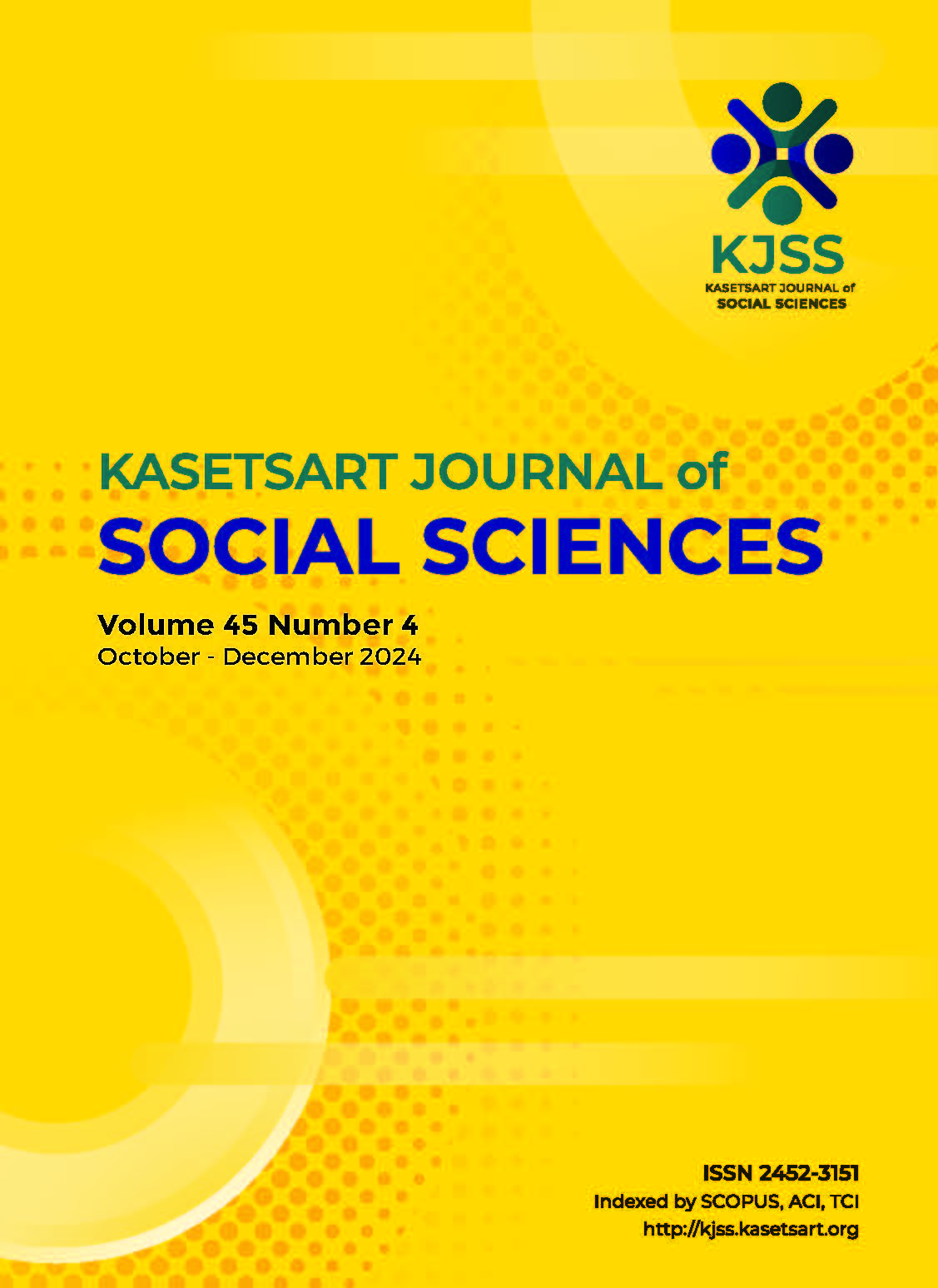Blended learning based on living values education for the development of students digital citizenship
Keywords:
blended learning, digital citizenship, living values education, Pancasila and civic educationAbstract
This research aims to develop a conceptual model of blended learning based on living values education, describe students’ perceptions of the implementation of the model and students digital citizenship, and test the effectiveness of the model on the development of students digital citizenship. The research utilized the mixed methods approach and involved six teachers, 120 students from junior high schools in Bandung Indonesia, and three lecturers of Pancasila and Civic Education as a research sample . Data were collected through various methods, including observation, interviews, focus group discussions, questionnaires, and attitude scales. The collected data were analyzed using interactive qualitative analysis, descriptive statistical analysis, and t-tests. The study findings are as follows: (1) Blended learning based on living values education is characterized by the application of living values education principles, the learning strategies applied online learning and face-to-face learning proportionally, the integration of digital citizenship materials, and there are diverse models for value-based learning and scientific-contextual learning; (2) The perceptions of blended learning based on living values education were “good” category; (3) The students digital citizenship exhibited significant improvement after the implementation of blended learning based on living values education, with the outcomes classified as very good; and (4) The results of the t-test indicated the blended learning model based on living values education proved to be effective in fostering the development of students digital citizenship. Therefore, this model can serve as a viable alternative in the current digital era for enhancing student digital citizenship skills.
Downloads
Published
How to Cite
Issue
Section
License
Copyright (c) 2024 Kasetsart UniversityThis is an open access article under the CC BY-NC-ND license http://creativecommons.org/licenses/by-nc-nd/4.0/










